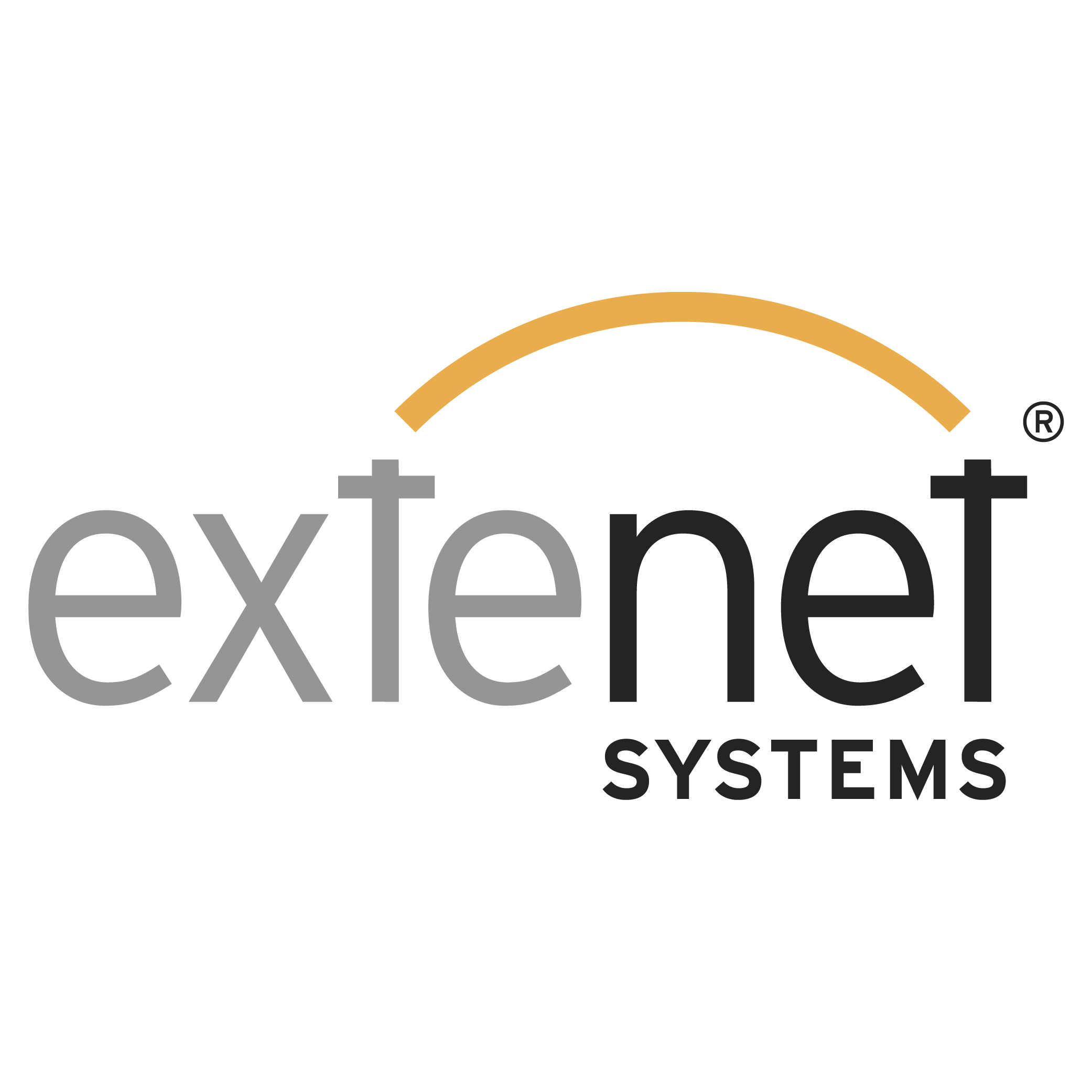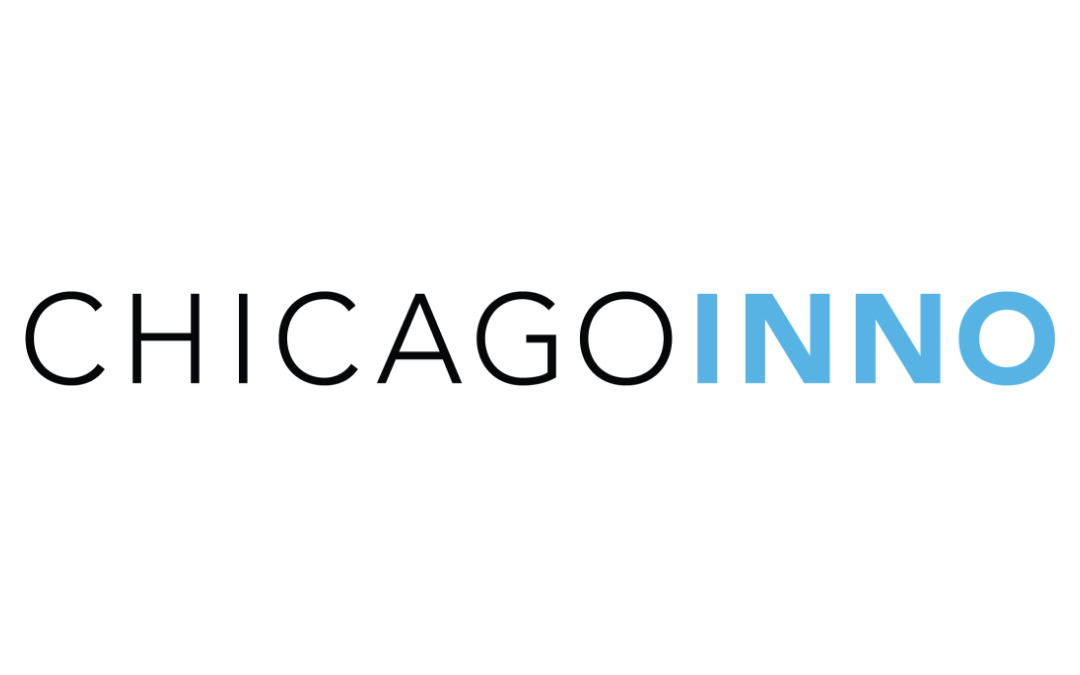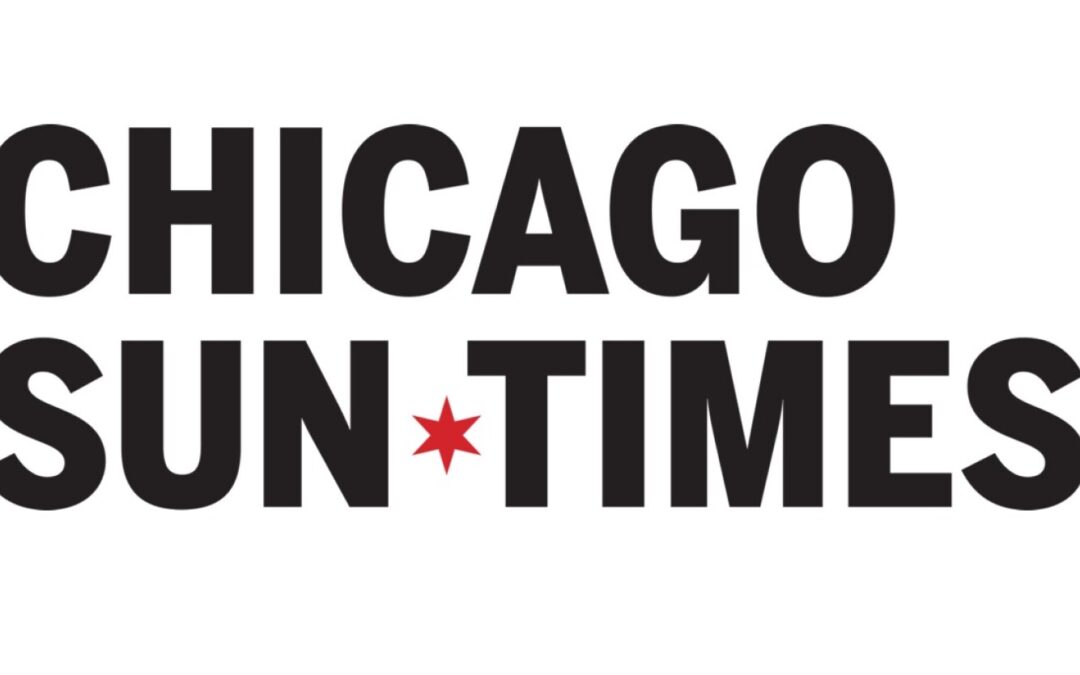Winners Spotlight: Interview with Tim Ayers, Vice President of Global Services at ExteNet Services
Each month, the Winners Connection shines a spotlight on a Chicago Innovation Award Winner that has continued to innovate after winning their award. This month, Avery Stone Fish interviews Tim Ayers, of ExteNet Services
Avery: Hey Tim, thanks so much for taking the time to chat with me today. In a nutshell, where are you now? What’s new with ExteNet these days?
Tim: We recapitalized the company two years ago and at that time the company was valued at about 1.4 billion. I think we had about 170 employees at that time. Fast forward a couple of years and we’ve continued to drive solid growth. 2017 was a very good year for us, we set a few records for the company and we finished just shy of 300 employees. We haven’t quite doubled our size, but we’re close, and 2018 looks to be a great year as well.
Avery: That’s some massive growth you’ve gone through over the past few years since winning a Chicago Innovation Award.
Tim: One quick thing about that, winning the award really helped open our eyes to the entrepreneurial community and how vibrant, collaborative, and diverse the startup scene is today in Chicago. I think all of us had just been running hard for years and we lost some of our own sense of the Chicago entrepreneurial community. Getting nominated and winning inspired us to provide more opportunities to our employees to connect with the local community. In 2017 we had more employees involved in Chicago Innovation events than ever before.
Avery: You’ve been doing some great things with ExteNet now, what inspires you to continue to innovate?
Tim: When I look inwardly at what we’re doing at ExteNet, I see our employees and our business partners turning our efforts toward larger, longer term items – attacking gaps in our internal support systems, tackling bigger cross-functional challenges that lead to greater efficiencies, quality, and customer results that we just kind of brute forced or didn’t really address at previous scale. I see our teams bringing great critical thinking, courage and tenacity to those tasks.
Another thing that I constantly find inspirational is our younger workers. I think the world of how they handle their opportunities and challenges. They strike me as being very interested in doing the right things, of being quite conscious of how they live their values. I find inspiration and energy in that. I love it too when I see them joined up and working alongside some of our more experienced leaders and workers. I think the shared learning that comes from those experiences is really powerful. All of that inspires me to encourage collaboration and foster a high integrity environment for our teams to work in.
Avery: I love the idea of diversity not only as race and gender, as many people think of it, but also age, which is so key to bring in a different perspective. Can you tell me about your biggest failure, how you overcame it, and what you learned from that?
Tim: Failure can be one of the most valuable ways to learn, improve, and develop resiliency. We’ve had our own share of failures, fortunately none that were fatal or caused us to fundamentally change the company. Like most companies today, we need to make sure that we don’t get too comfortable about how we see our business, our customers, or our competitors.
In our cellular (mobile) infrastructure business, technology and how users use the technology changes constantly (2G to 3G, 3G to 4G/LTE, and now we’re gearing up and starting 5G deployments). By the time we get something in our business that feels about right, we should probably start thinking about what we may already be missing…
Our reality is – our customer’s needs, risks, and challenges are changing more quickly than ever. When we fail to anticipate and actively adjust to our customer challenges, we risk bringing the wrong solution, packaged the wrong way, to the wrong buyer. That’s our constant challenge.
Avery: You mentioned some challenges that are specific to your industry. In your opinion, what makes someone successful in your industry?
Tim: I think having solid diversity in your leadership team, management team and your worker base is crucial. Ditto for our partners and suppliers. It is important to foster the idea that everybody thinking like-mindedly is probably a bad thing. In my experience, tenacity is a part of success as well. I think there’s a flavor of midwestern tenacity that’s a little different than in other parts of the country – the grit to play through and to keep working toward the best outcome in very challenging situations is a big factor. Having a management team that has very strong financial acumen has been key. We have many superb people in the company representing many disciplines and backgrounds, but our financial management chops continue to be essential to our level of success.
Avery: The leadership, the diversity of your people, and that midwestern tenacity or grit. You touched on it a little bit, but what is the best thing about being a Chicago company?
Tim: The labor force and the management talent pool in the Chicago region is superb. This shows so clearly in how well people assimilate, communicate, exchange information, collaborate, focus on the customer, focus on results, and keep it all in balance. I don’t know if that’s work ethic or values-based, but we do have access to incredible human capital in the Chicago region, both organic and folks from around the country and the world who chose to make this area their home, and that is huge.






